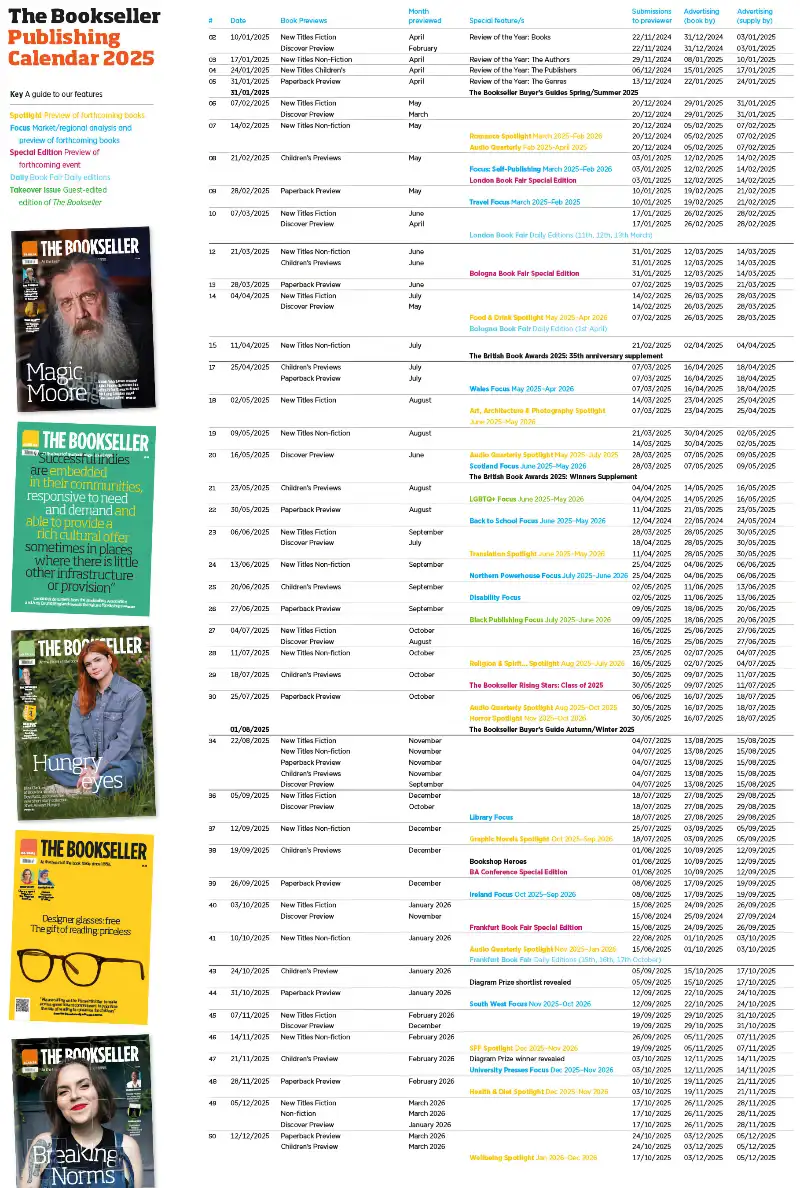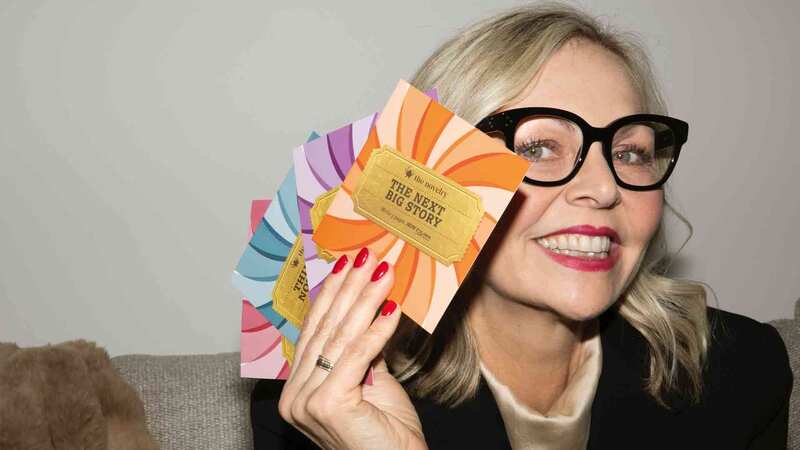You are viewing your 1 free article this month. Login to read more articles.
Affordability is all
Yes, both authors and readers are struggling – but we cannot afford to turn books into luxuries.
One of the few positive trends to emerge from the misery of recent lockdowns has been the revival of the nation’s love of books. Research published in 2020 found that 41% of people said they were reading more books and the amount of time spent reading went from three and a half hours to six. Since then, The Reading Agency has found that a quarter of UK adults have kept up their lockdown reading habits. It’s no surprise. During times of hardship, particularly economic uncertainty, people have often turned to books for sources of learning, comfort and escapism. It’s a trend we’ve seen repeated recently with the cost-of-living crisis and it’s a reminder of why books should remain accessible to all.
Books have always been an important part of The Works and its heritage. When Mike and Jenny Crossley started the business in their front room 40 years ago, they initially sold books for reduced prices. Ever since then we have maintained our commitment to books and to ensuring that they are affordable and accessible to all.
Some, including last month in The Bookseller, have commented on the pricing of books and criticised retailers like The Works for offering new release titles below their RRP. They suggest that books are "one of life’s little luxuries" and by making them more affordable we are devaluing them. The reality is quite the opposite. The Works is a champion of books and of authors’ creativity and we want to encourage as many people as possible to develop a love of reading. So many of our store colleagues are keen readers themselves who love to inspire our customers by recommending their favourite books. Inspiration and enjoyment should not only be for those who can afford it.
If books become too expensive it could easily have the unwanted effect of discouraging people from buying them, which in turn would have a damaging knock-on effect on author’s incomes.
Selling books is a balancing act between ensuring the price is fair for the retailer, the customer and the author, which isn’t always straightforward. Of course, it is right to provide authors with a good price, but we also have to recognise that right now especially, customers are making tough choices, and we know that price is a key consideration. We, like other retailers, work really hard to put the best possible books we can on the shelves for our customers, across new and older titles. We know from their feedback that they love the choice we give them, and that they often come in for one title, but leave having purchased their older titles or entire collections as well.
Our primary objective is to make sure we get books into as many hands as we can, particularly from a young age. We want to inspire the next generation of book lovers and make it affordable for people to buy lots of books. This is particularly important in the current climate when everyone, regardless of their income, needs a distraction, a source of joy, learning or entertainment. Market dynamics and the cost-of-living crisis are beyond our control, but as a retailer what we can control is the affordability and accessibility of our products, including our book ranges. If books become too expensive it could easily have the unwanted effect of discouraging people from buying them, which in turn would have a damaging knock-on effect on author’s incomes. Given the positive strides we as an industry have made during the pandemic, making books accessible at a time when people need them the most is an important goal.

















